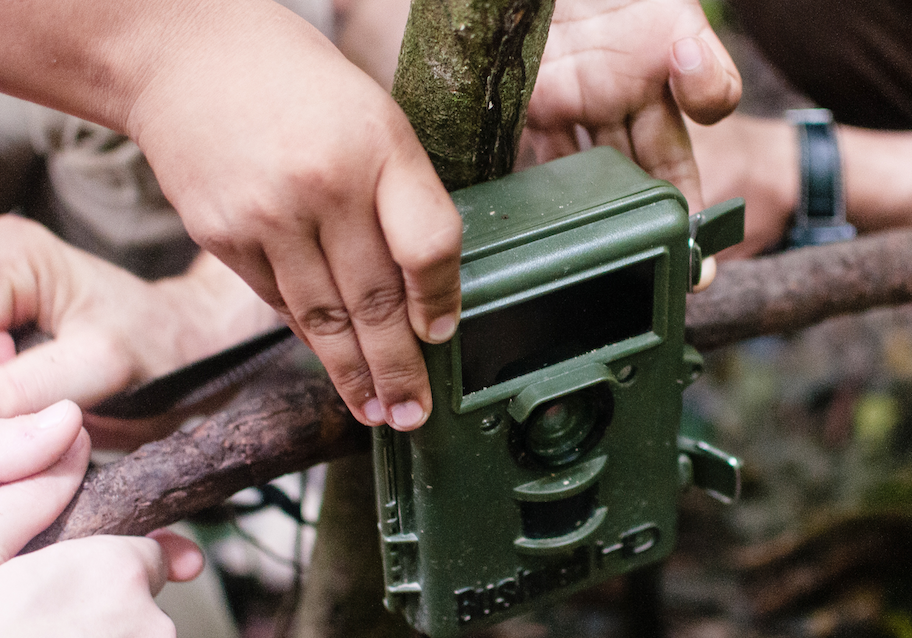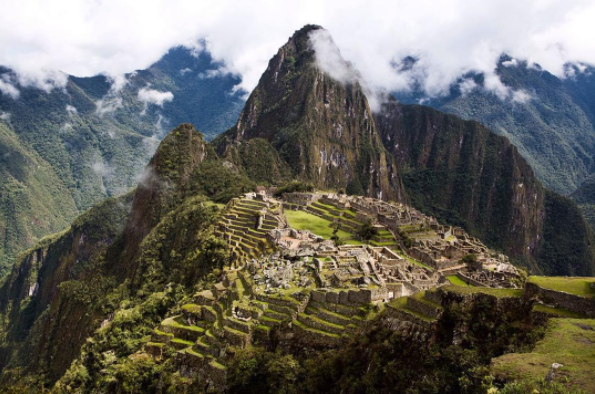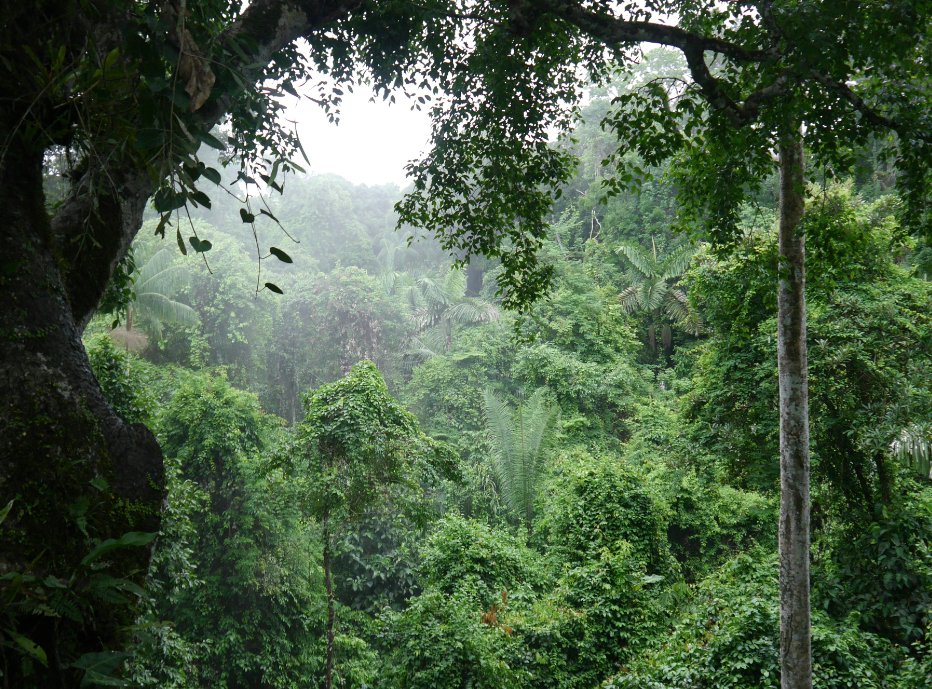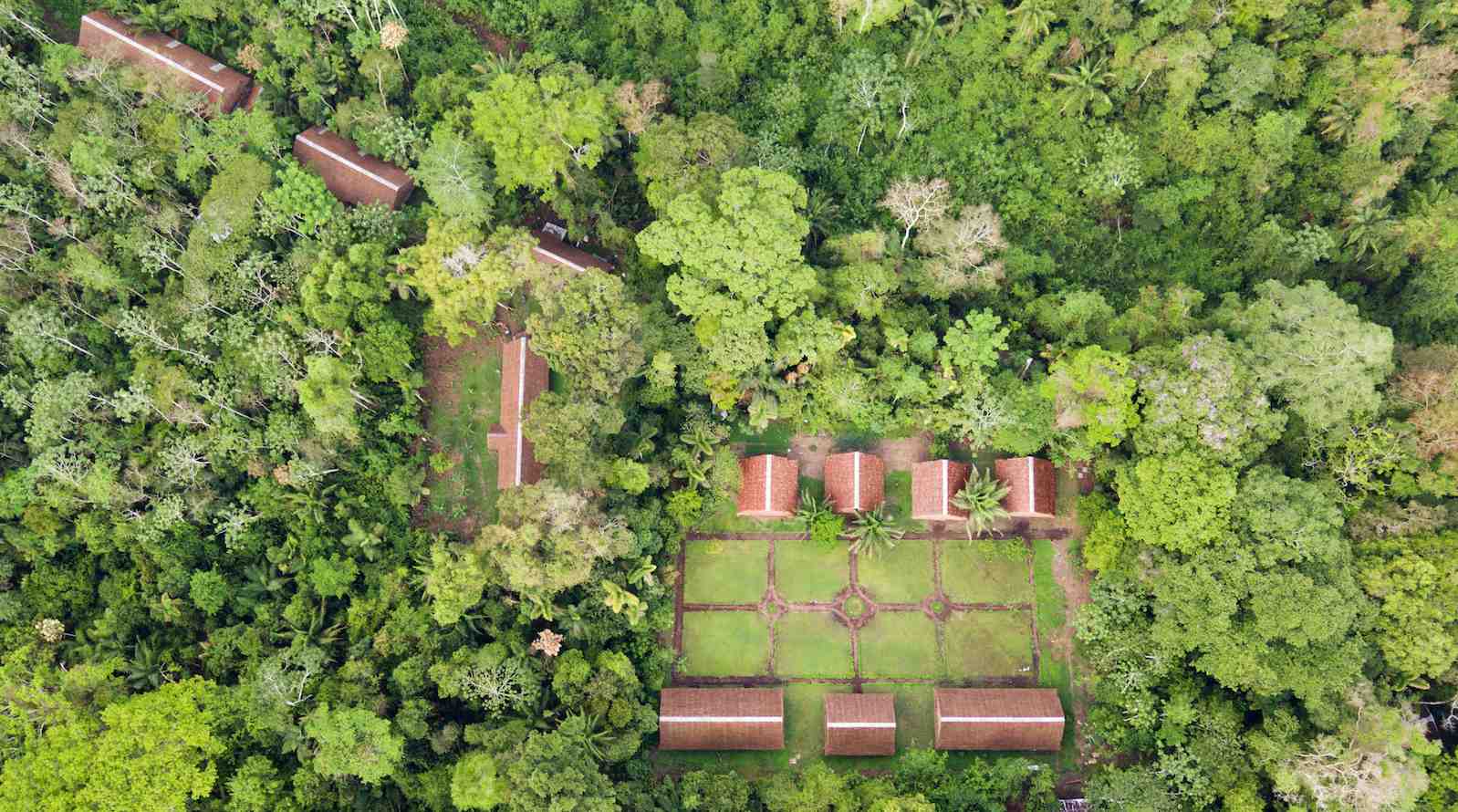26/04/2018
Last weekend, eco-conscious citizens around the world celebrated Earth Day, an annual event supporting environmental protection. For Inkaterra, it’s not just a great way to celebrate the achievements we’ve made in conservation over the past 43 years, but a chance to educate travellers and local communities on the importance of sustainability and eco-tourism. In light of Earth Day, here are four ways we’re helping the planet (and the ways you can get involved, too).

Did you know, the number of Andean Spectacled Bears in the wild is rapidly decreasing? That’s right, our furry-faced friends have been deemed by UCN as having a vulnerable conservation status. So, in 2001, we launched the Andean Spectacled Bear Sanctuary, a pioneering conservation programme at Inkaterra Machu Picchu Pueblo Hotel, designed to recover bears that have been negatively impacted by human activity. Where possible, the bears are then reintroduced to their natural habitat in the Andean mountains. Click here to meet some of our resident bears!

You might remember a few months back, our CEO and Founder José Koechlin said ‘we aim to turn Machu Picchu into a global example of sustainability by 2021, as part of Peru’s Bicentennial Plan’.
Back in 2016, UNESCO observed a waste crisis in Machu Picchu. As a result, Inkaterra partnered with the AJE Group, a Peruvian family-owned beverage multinational producing in 23 countries, indicating a pledge to lead diverse sustainability initiatives to benefit Machu Picchu’s heritage.

For example, Inkaterra Machu Picchu Pueblo Hotel has installed a biodiesel production plant, following the donation of a waste compacting machine which can process 14 tons of waste per day. The specially designed machine can process burnt vegetable oil, therefore reducing the use of fossil fuels, one of the primary human contributions to global warming. By preventing oil spills, the project is also benefitting the local Vilcanota River.

Did you know, Inkaterra has registered an amazing 814 bird species in their hotel grounds alone – that’s equivalent to 93% of Costa Rica’s total bird diversity. You can imagine then, how devastating the effects of deforestation are to the local flora, fauna and local communities.
So, to combat the negative effects of logging, our NGO Inkaterra Asociación (ITA) proposed the creation of a 78,756ha sustainable landscape corridor around the Tambopata National Reserve, from Puerto Maldonado – on both banks of theMadre de Dios River – to the Peru-Bolivia border. Hopefully, the creation of this ‘conservation corridor’ will decrease illegal mining and deforestation, and therefore safeguard local cultures and provide safe routes for both endemic and migrating birds.

Last year, we opened the doors to our Inkaterra Guides Field Station, which was originally designed as a research centre for Inkaterra Asociación (ITA). Now, the Field Station is open to eco-conscious travellers, families, researchers, volunteers and students from around the world, offering an in-depth and immersive look at the vital conservation projects being carried out. A hub of knowledge, research and discovery, Inkaterra Guides Field Station aims to educate the next generation of eco-conscious travellers.

But what’s next for Inkaterra? In the latter half of this year, a new tourism venture in the northern fishing region of Cabo Blanco – a lost paradise where Marilyn Monroe and John Wayne partied in the 50’s and 60’s – is set to be unveiled. The region is also famed due to Alfred Glassell, who captured the world’s largest Black Marlin(1,560lb) from the ‘Miss Texas’ in 1953, with Ernest Hemingway aboard.
Oil drilling and overfishing are major threats to the marine life in the region, which includes species of whale, dolphins, manta rays and pelagic birds such as the blue-footed booby. We’re working to provide water for the local communities, invest in marine conservation and conduct whale watching studies. As such, the new Inkaterra lodge will create jobs, improve fishing and local incomes, and educate local people about the environment. Watch this space!
To find out more about Inkaterra’s conservation initiatives and ITA, please click here.
